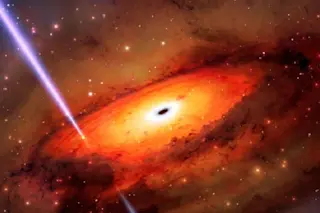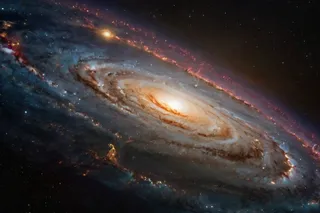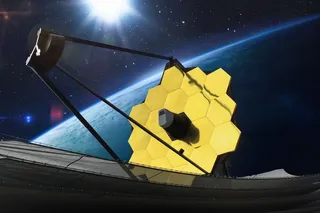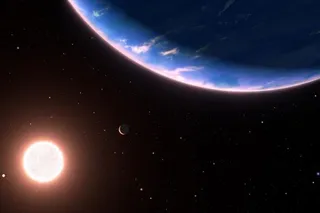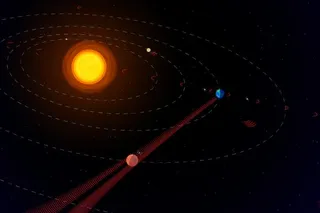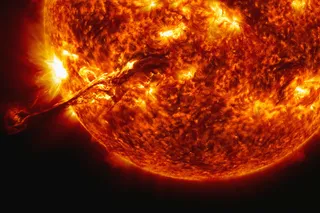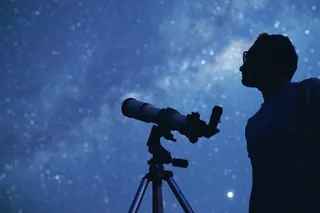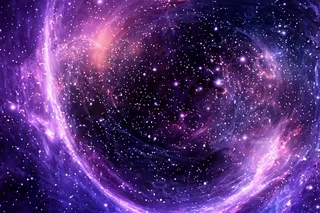The brightest outpourings of energy in the universe are gamma ray bursts. They are typically born as stars or other objects collapse into black holes and send out blasts of high-energy photons billions of light years across the universe.
Most commonly, the collapsing objects are massive stars that have burned through their nuclear fuel and imploded, causing gamma rays to shoot out in opposing directions.
But the universe has other tricks up its sleeve, according to a new paper. For the first time, astronomers have spotted a gamma ray burst from the crowded center of an ancient galaxy, confirming a long-held suspicion that the intense ejections could originate in such environments.
Read More: Unraveling the Brightest Gamma Ray Burst of All Time
On Oct. 19, 2019, NASA’s Neil Gehrels Swift Observatory – a space telescope that orbits the earth – detected a peculiar gamma ray burst that lasted a little ...


